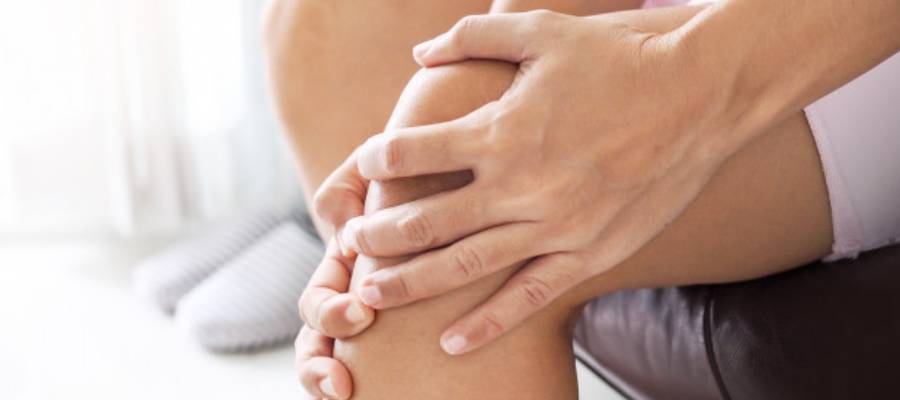Arthritis causes pain and swelling in the body’s joint like knees or hips, and is a progressive disorder which gets worse with time without proper treatment and care. If you have trouble walking or experiencing sharp or dull pain in different locations of the lower limb like thighs, buttocks, knees, or groin you might have hip arthritis. While there are different types of arthritis the types that affect the hip most are psoriatic arthritis, osteoarthritis, and inflammatory arthritis.
Hip osteoarthritis is caused by cartilage damage at the end of bones due to wear and tear in the hip joint. The symptoms are more common in people above the age of 50 but can also show up in younger people.
Inflammatory arthritis, true to its name, involves inflammation of joints and the tissues surrounding it. While it can occur in people of all age groups but the symptoms frequently observed in early childhood.
Psoriatic arthritis is associated with the skin condition psoriasis and causes joint pain, stiffness, and swelling. For most people, the initial diagnosis is the skin condition followed by arthritis diagnosis after the patient has developed psoriatic arthritis.
Symptoms of Hip Arthritis
- Experiencing discomfort or inconvenience in performing day to day activities that require an adequate range of motion of hips is an indicator that you might have hip arthritis. Having trouble with putting on your socks and shoes and other such activities can be a sign of arthritis onset which can also turn severe needing immediate treatment.
- One might experience pain in the groin or thighs radiating to the buttocks or knees, difficulty in walking and locking of the hip joint.
- One might face difficulty in activities like getting out of the car, pain while bending or leaning, increased pain after vigorous exercise or during rainy weather.
- One can also face grinding noises while performing movements or restricted range of motion due to stiffness.
Diagnosis
An accurate diagnosis will ensure that proper treatment can be provided to alleviate and manage pain. During the consultation with a specialist at an orthopaedic clinic and the subsequent evaluation, your medical history would be considered along with a physical examination to observe ease of movement of your hip. One can expect Radiographs, X-Ray, and blood tests to be a part of diagnostic evaluation.
Treatment
Depending upon the severity of the condition, the arthritis treatment process can include non-surgical methods, surgical treatment, or both. The non-surgical treatment will include anti-inflammatory medicines and injections, devices for ease of walking like canes or walkers, exercises, and physical therapy to build strength, flexibility, and muscle tone. Surgeries like hip replacement and hip resurfacing might be the only option in cases of severe hip arthritis as a way to provide relief.
It is recommended that people who believe that they might have hip arthritis consult an orthopedic specialist as identifying the problem early is imperative for getting the right treatment. Orthocure Clinics is home to specialized and highly experienced orthopaedic doctors who employ an integrated treatment approach using globally acclaimed and advanced technologies and techniques to provide effective diagnosis and treatment for your bone and muscle-related problems. Our approach of providing personalized healthcare ensures that you can move towards the path of recovery to lead an active life.
Disclaimer
This information should not be used as a substitute for professional diagnosis and treatment as this is for informational purposes only. One must consult their healthcare provider before making any healthcare decisions. Any damage, loss or injury suffered by an individual as a result of reliance on the information contained on this site is neither the responsibility nor the liability of Orthocure Clinics.





